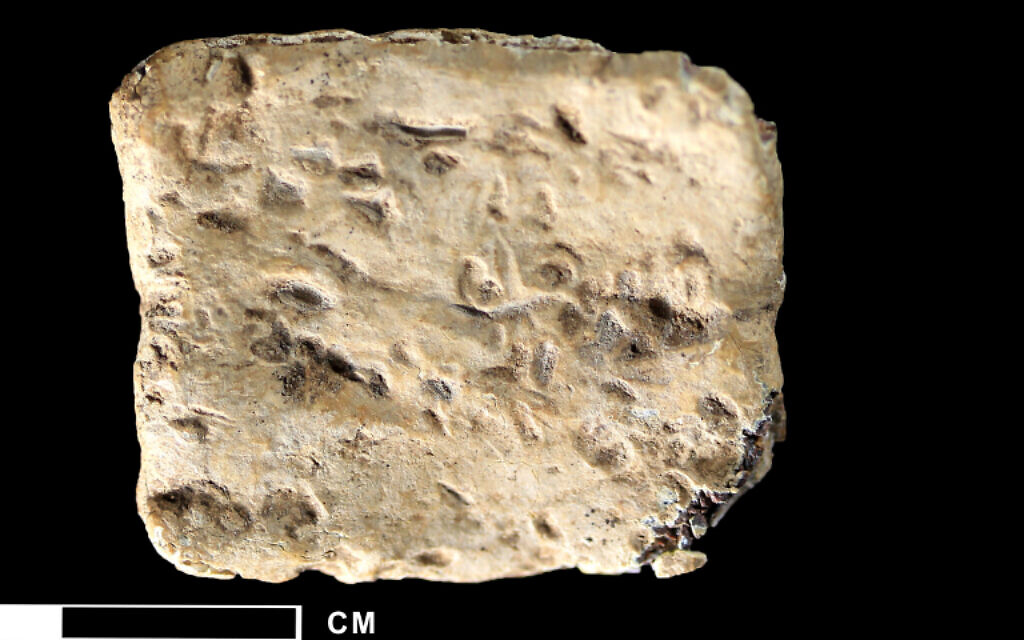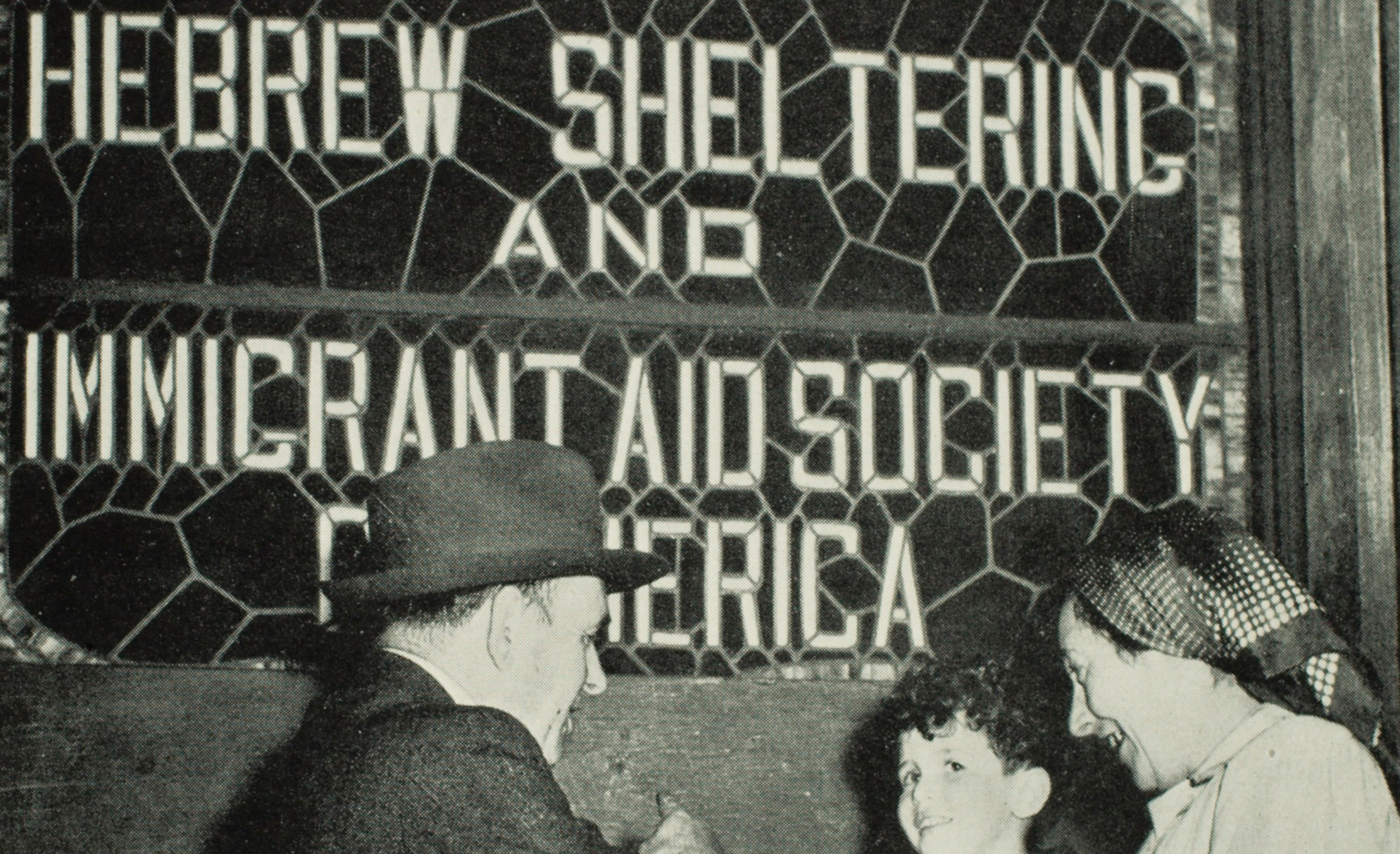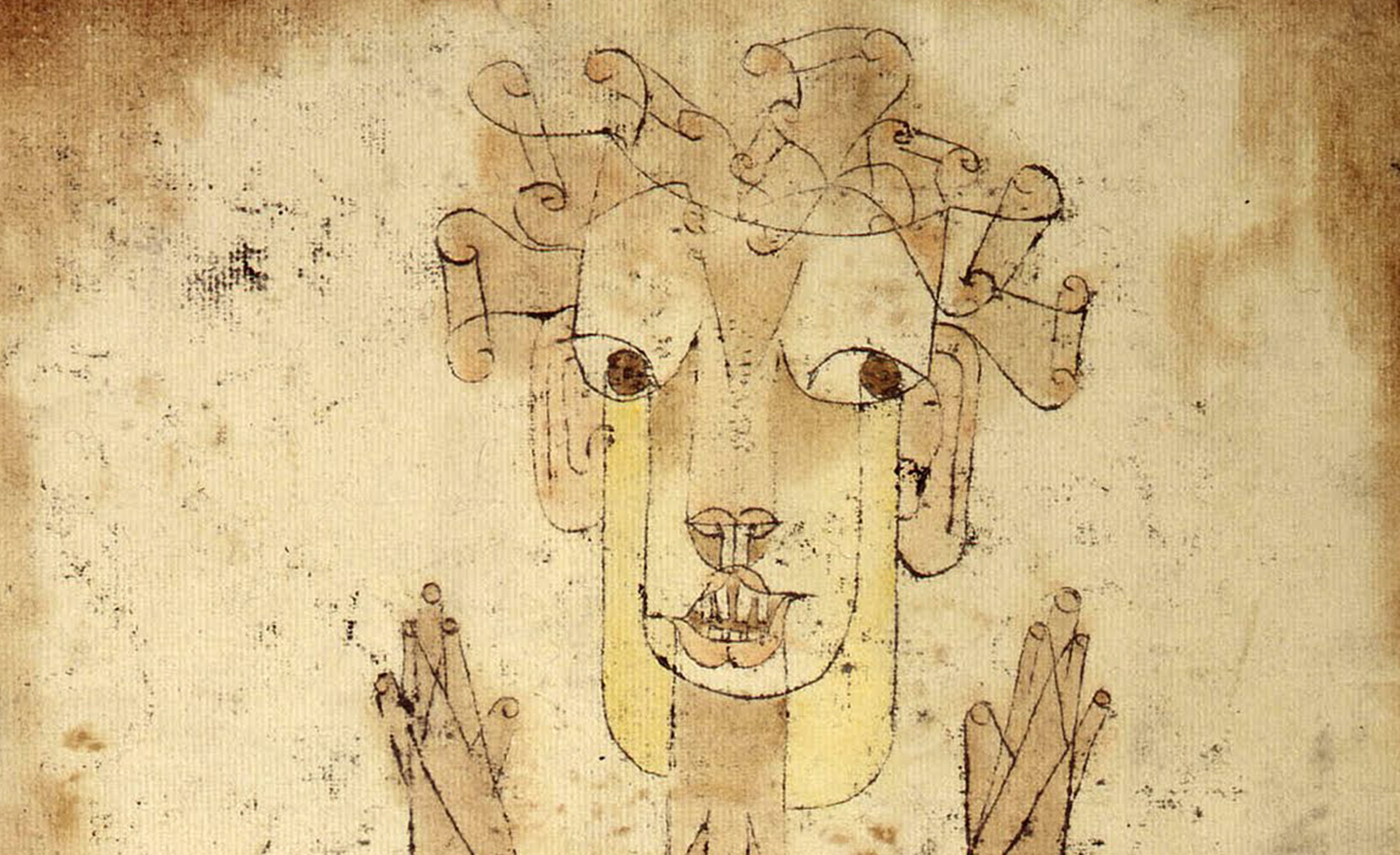Hebrew
In the end, one doesn’t know what to be struck by more: the fact that a computer can translate Hebrew at all, or the fact that when it does, it does so atrociously.
Only in Schopfloch, as far as I know, have a large number of originally Jewish words survived in the speech of the local populace to this day.
“An earthquake in biblical scholarship” is how the discovery has been described. That’s true, as are the connections it reveals between ancient languages and modern ones.
“But a man came from behind the curtains and . . . and killed this tsaddik.”
And why each has been preferred in different times and places.
Quite a few masculine and feminine Hebrew words, when pluralized, take the form of the opposite gender. Why?
As tracked through the waxing and waning value of the Hebrew words for “departees” and “descenders.”
In anti- and post-Zionist circles, the verb of choice for immigrating to Israel has been replaced by something less romantic.
The Israeli actress recently released “Gal Gadot Teaches You Hebrew Slang,” a short video from Vanity Fair. She turns out not to be such a good teacher, but it doesn’t matter much.
The two giants of Jewish literature come together for a wide-ranging discussion centered around his new book on the seminal Hebrew writers of modernity.
Ahad Ha’am would agree.
A versatile fellow, this Cossack, identified simultaneously with Israel’s prime minister and his bitterest opponents! Who is he and who robbed him?
The cadences of the Talmud left their mark on Yiddish, and Israeli, speech patterns.










